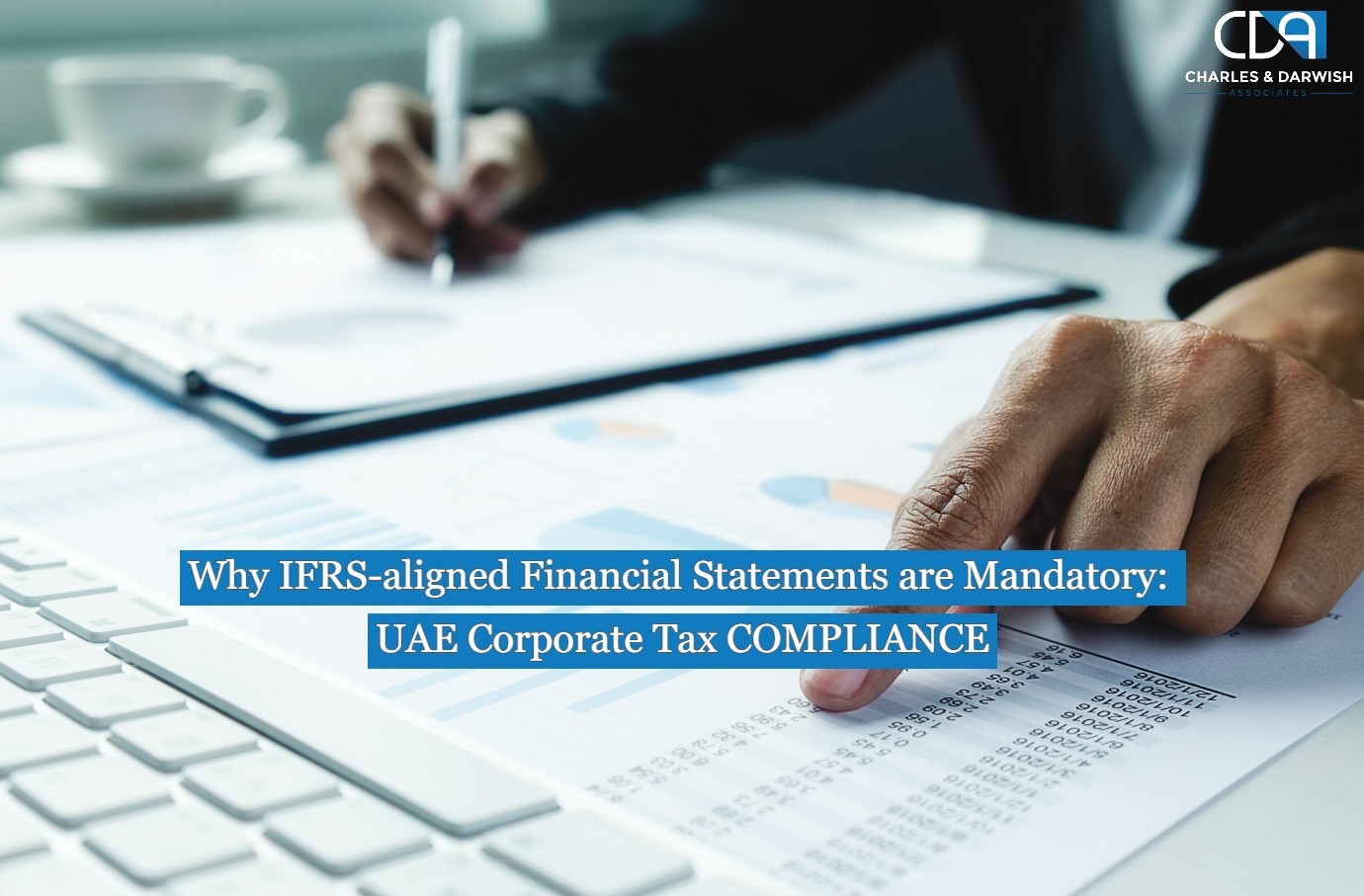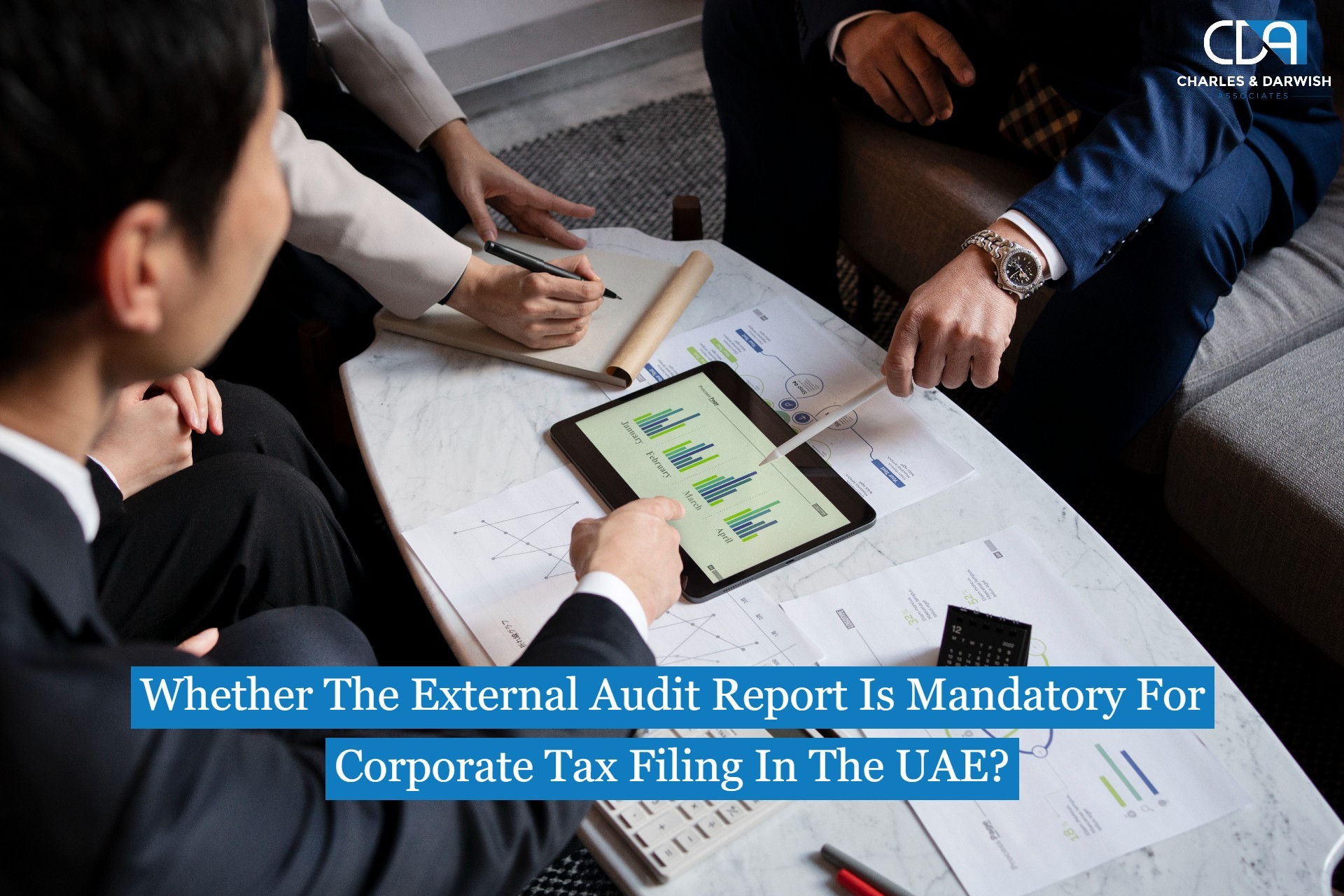Corporate Tax Requirements for Business Branches in UAE
UAE is a desirable location for entrepreneurs and businesses looking to establish themselves. However, the tax-free environment that has elevated this jurisdiction to the status of a premier financial centre is anticipated to alter with the introduction of UAE Corporate Tax, which is set to go into effect on or after June 1, 2023. This implies that businesses and other legal entities operating in the UAE will now be required to pay corporate tax on their income. In this blog, we are going to explore which business branches in UAE are required to pay corporate tax and all about group relief and reconstructing relief.
Who is required to pay corporate tax in UAE?
The UAE Ministry of Finance announced that all businesses incorporated or effectively managed in the UAE will be subject to a 9% corporate tax rate. Additionally, the applications uniformly cover all revenue streams and other net income that has been disclosed in financial documents. The rate of income tax, however, would be 0% for start-ups and small businesses with net profits under 375,000 AED.
Get In Touch With Our ExpertsWhat are the Prerequisites for Filing Corporate Tax for an Entity’s Branches in the UAE?
In general, corporate tax returns must be submitted by a company with branches throughout the UAE. A branch, however, might not be legally obligated to register if it is not generating revenue. The branch offices and subsidiaries of UAE companies are not separate regulatory entities, and as a result, they are not required to file separate corporate income tax returns with their respective parent businesses.
You can also read: What are Tax Losses and their Implications on UAE Corporate Tax?
Companies are, thus, required to file a single corporate tax return that fully includes all of their UAE branches. The perception of branches as extensions of a parent company for tax purposes eliminates the need for separate registration.
Group Relief under the UAE Corporate Tax
Significant tax changes have recently been implemented in the UAE to simplify the tax system, bring it into compliance with international standards, and increase revenue. To ease the burden of tax compliance, companies can now form tax groups with parent firms and subsidiaries to segregate duties and reduce overall costs. Moreover, group relief allows companies to offset the profits of one firm against losses incurred by another within the same group.
Conditions set for the qualifying group for claiming reliefs under the UAE’s Corporate Tax Law
- The Taxable Persons are legal entities that are either:
- Resident Persons, or
- Non-Resident Persons with a Permanent Establishment in the UAE.
- Ownership criterion:
- One tax-paying entity must hold a minimum 75% ownership stake in another tax-paying entity.
- A third party must have a minimum 75% ownership stake in both Taxable Persons.
- None of the Taxable Persons must fall under the UAE Corporate Tax Law's definition of an Exempt Person.
- None of the taxable Persons should qualify as free zone residents under UAE corporate tax law.
- The same accounting principles and financial year must be used for the preparation of the financial records of all Taxable Persons.
Restructuring Relief under the UAE Corporate Tax
If an entire company, or separate parts of an existing business, are traded in exchange for shares or other ownership interests, the corporate tax regime in the UAE permits a deferral of taxation. This corporate tax restructuring relief will simplify transactions involving mergers, spin-offs, and other types of business restructuring.
You can also read: Adjustments Applicable While Calculating UAE Corporate Tax
For instance, a business owner can offer his company to a newly expanded company in exchange for stocks in the latter. This could result in a corporate tax exemption and allow the acquiring company to continue using the transferor's prior tax basis in the transferred assets and liabilities. A qualifying restructuring will involve transferring the assets and liabilities at their tax net book value. The companies, thus, will benefit from not having to report gains or losses when determining their taxable income.
Consult with CDA - The best Corporate Tax Consultants in Dubai, UAE
Businesses operating in the UAE must carefully consider the unique guidelines and standards established concerning corporate tax. Although it is typical for all segments of a business that generate revenue to be required to file, there are exceptions in the form of group relief and restructuring relief, which can aid in reducing the overall tax obligations. To prevent a situation of non-compliance with the new tax regime, it is advisable to get in touch with the CDA tax professionals in UAE.
Connect with the CDA specialists today.

Mark Thompson
Full-stack Developer, Blogger, and Tech Enthusiast.
Mark specializes in digital marketing, SEO, and content strategy.













